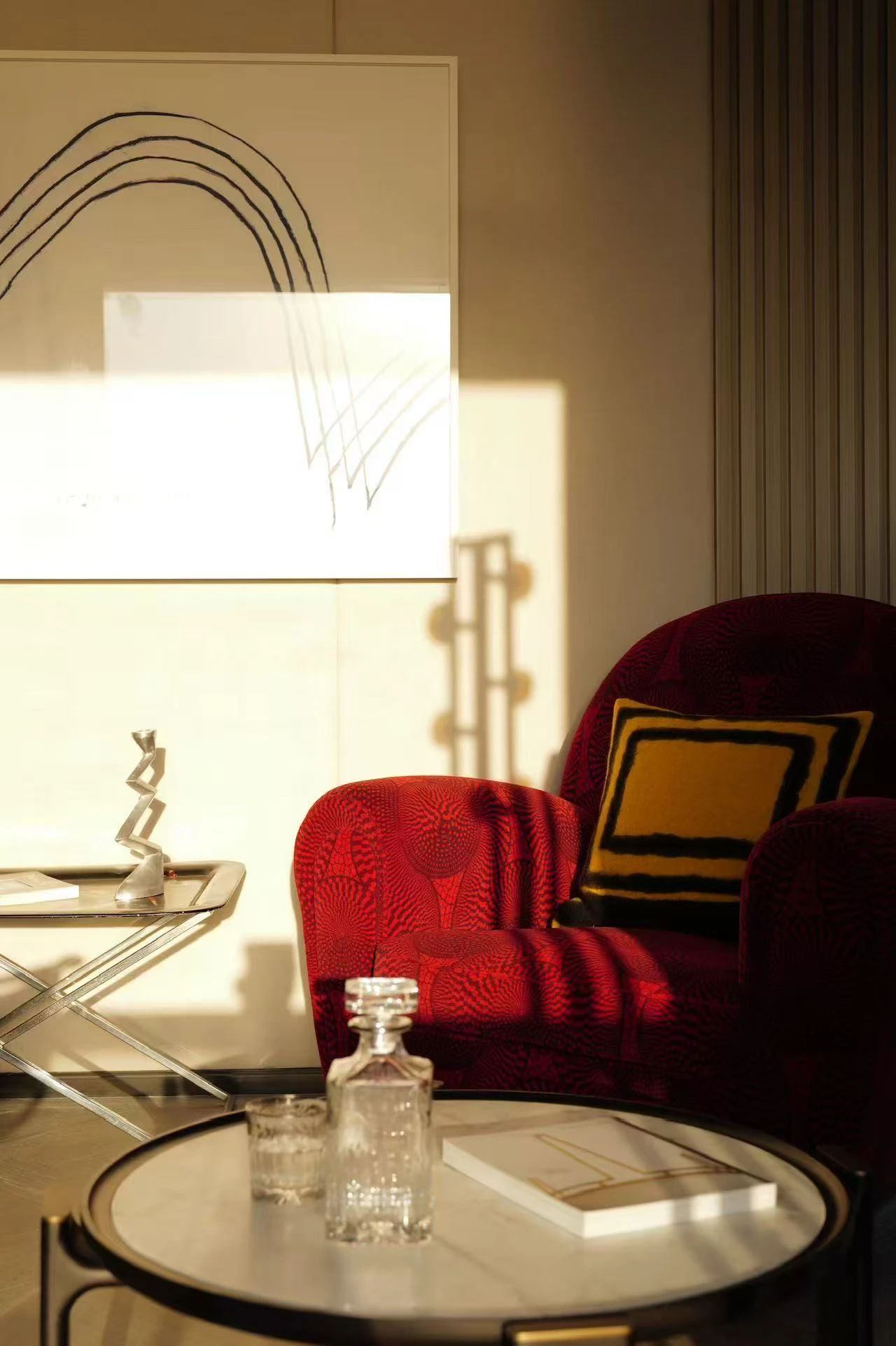Taipei Flower Wholesale Market, Taiwan International Flower Trade Center Small Site For Plant Market. H.P. Chueh Architects - Planners
2014-03-07 01:00
© Jane Kung
(C)龚简刚


2001年,台北市政府选择将台北花卉批发市场迁至国际花卉贸易中心。与以前的市场的时间位置相反,新的地点是在工业城市的背景下,方便的交通。随后,新地点合并了物流配送,包括展览、教育和城市活动计划。
In 2001, the Taipei City Government chose to relocate the Taipei Flower Wholesale Market and transform it into an International Flower Trade Center. Contrary to the market’s previous temporal location, the new site is located within an industrial urban context allowing convenient transportation. Subsequently, the new location merges logistical distribution and includes program for exhibition, education, and urban activities.
Exploded Axonometric
爆炸轴测


该遗址位于内湖,距台北市中心仅20分钟车程,横跨茗山街。
The site is located in Neihu, just 20 mins away from downtown Taipei straddling Ming Shan Street.
© Jane Kung
(C)龚简刚


总面积为28,764平方米。茗山街西是一个较大的切花地点,而东部的地点是保留出售植物。一座桥梁连接这两个网站,允许商业机会和多样化的通勤经验。这个新的花卉市场的目标是将物流、零售、旅游和教育作为城市内的一个新的中心。
The total site area is a generous 28,764 sqm. West of Ming Shan Street is a larger site for cut flowers while the East site is reserved for the sale of plants. A bridge connects the two sites allowing commercial opportunities and diversifying the commuter experience. This new flower market aims to unite logistic industry, retail, tourism, and education as a new hub within the city.
集团化与城市体验
Massing and Urban Experience
Floor Plan 1
平面图1


就具体情况而言,该项目被超级市场和航运公司等物流行业所包围。相比之下,花卉市场需要大的半开放空间,如装货区,不同类型车辆的循环,以及大的多用途空间。设计策略是拆除城市屋顶,其中包含覆盖半开放空间所需的程序。这一姿态有助于区分行人和车辆,同时允许不同的活动同时进行。
Contextually, the project is surrounded by logistical industries such as supermarkets and shipping companies. In comparison, the Flower Market requires large semi-open spaces such as loading areas, circulation for different kinds of vehicles, and large multi-use spaces. The design strategy is to lift an urban roof containing required programs to cover the semi-open spaces. This gesture serves to separate pedestrians from vehicles while allowing different activities to happen simultaneously.
高程颜色系统
Elevation Color System
© Jane Kung
(C)龚简刚


由于视觉识别是该项目的主要关注点之一,该建筑将花色序列转移到立面的百叶窗系统。跨越网站的长度,五颜六色的面板在外观上的目的是区分该项目与其工业背景。
Since visual identity is a main concern of the project, the building transfers floral color sequences to the facade’s louver system. Spanning the length of the site, colorful panels on the facade aim to distinguish the program from its industrial context.
© Jane Kung
(C)龚简刚


这个较小的地点主要用于植物拍卖和分发。一楼有86家零售店和停车场,而第二层有温室、拍卖室、分配空间、存储区和展览空间。
This smaller site is mainly for plant auctions and distribution. The first floor contains 86 retail shops and parking while the second floor accommodates a greenhouse, auction room, distribution space, storage area, and exhibition spaces.
温室结构
Greenhouse Structure
© Jane Kung
(C)龚简刚


传统的花卉温室采用了带有山形屋顶的轻型结构。然而,在考虑抗风性和耐候性时,这是一个不利因素。为了实现温室和国际展览的功能,这种新的山形体现在一个具有高效排水能力的大跨度幕墙系统中。
Traditional floral greenhouses incorporate lightweight structures with mountain-shaped roofs. However, this is a disadvantage when considering wind resistance and weather durability. To achieve the functions of both greenhouse and international exhibition, the new mountain shape is reflected in a large-span curtain wall system with efficient drainage.
结构构件包括树形柱(半径21.9厘米和32.4厘米)、数控散乱开口的抗风支撑柱和幕墙系统屋顶。屋顶梁由树形柱支撑,悬挂在窗帘屋顶下.温室的跨度和高度有效地允许植物孵化和展示功能。这一主要结构系统采用铝框架细节和玻璃作为一种轻量级的透明感觉。
Components of the structure contain tree-shaped columns (21.9 and 32.4 cm in radius), wind resistance support columns with CNC scattered openings, and the curtain wall system roof. Roof beams are supported by the tree-shaped columns and hung under the curtain roof. The span and the height of the greenhouse efficiently allows both plant incubation and exhibition functions. This main structural system employs aluminum frame details and glass for a lightweight transparent feel.














































































































Architects H.P. Chueh Architects & Planners
Location Taipei City, Taiwan
Category Market
Area 7300.0 sqm
Project Year 2010
Photographs Jane Kung
























